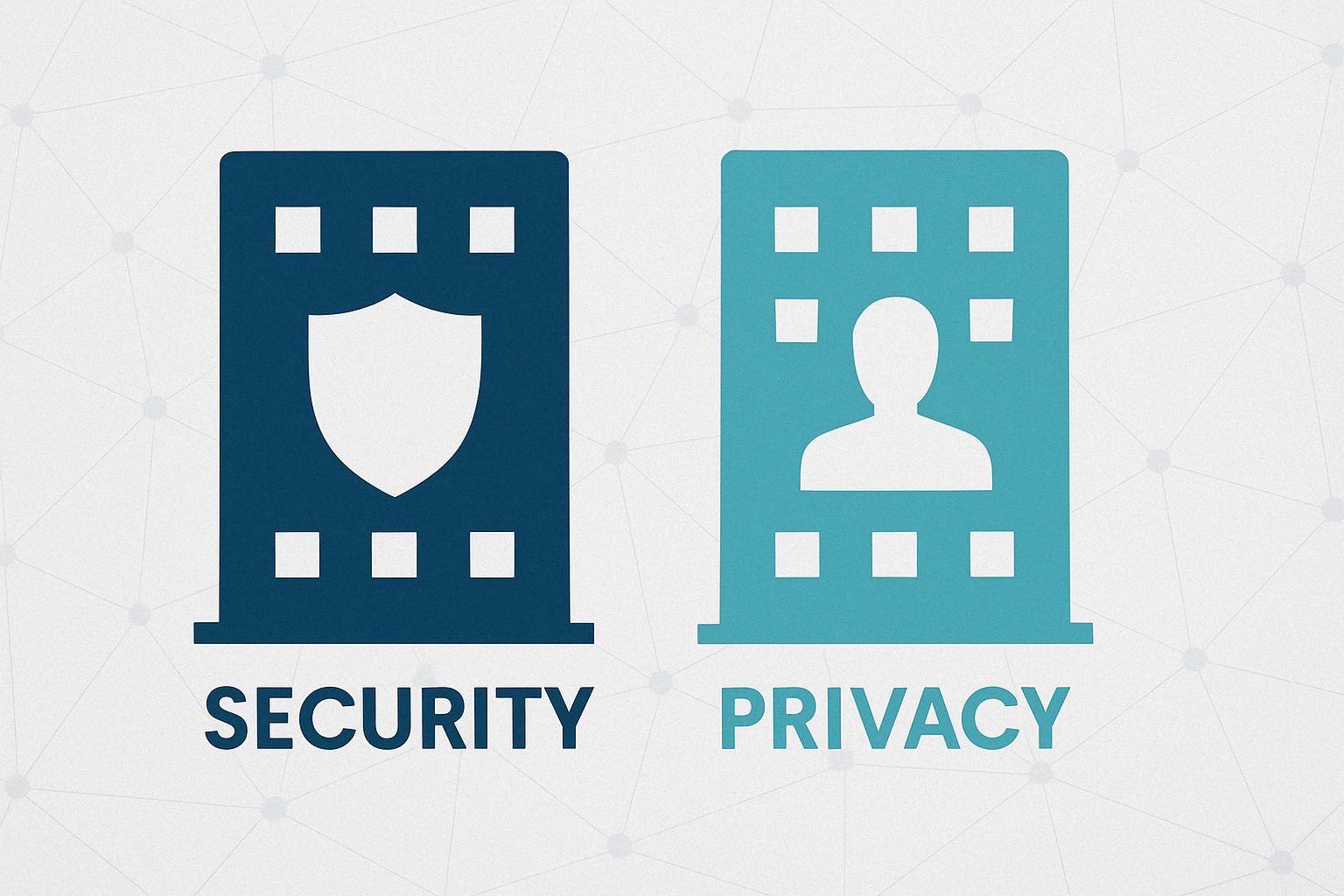In an increasingly digital era, the distinction between information security and data privacy is becoming a crucial issue. Many organizations mistakenly believe that having secure systems ensures the safety of user data, a viewpoint that poses significant risks to personal information, according to a recent feature article published on Modern Ghana.
The article illustrates that while information security focuses on maintaining confidentiality, integrity, and availability of data, it fails to address core privacy concerns. These include the conditions under which data was collected, whether it was done with user consent, the necessity of the data collection, and the transparency surrounding its use. The piece argues that mere security measures do not equate to proper data privacy practices.
Furthermore, it highlights a troubling trend among tech giants and government entities who exploit this confusion. They assert that data is safe simply because it is secured through firewalls or encryption, while often ignoring fundamental privacy principles such as lawful processing and minimal data retention. This practice leads to organizations prioritizing convenience over ethical responsibility, thereby placing citizens’ rights at risk.
Privacy advocates are calling for immediate actions from regulators to hold organizations accountable. They urge Data Protection Authorities to distinguish between security audits and privacy impact assessments, ensuring that companies adopt a comprehensive approach to data privacy that goes beyond superficial compliance.
The article concludes with a call for a shift towards a privacy-first mindset, demanding that organizations assess the necessity of data use and communicate its implications clearly to users. In a world where our data has become a commodity, understanding the boundary between security and privacy is essential, as a ‘locked vault’ can still violate rights if the data inside was acquired unethically. Read more about this pressing issue on Modern Ghana.

